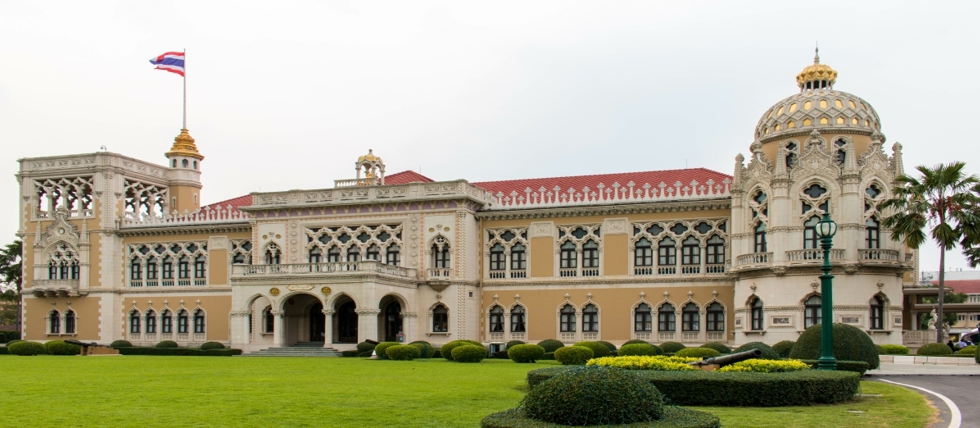Thailand's Casino Legalization Debate Takes a Step Forward

Reports indicate that a second study regarding the potential legalization of casino resorts in Thailand has been finalized and will soon be presented to the country's House of Representatives. Deputy Finance Minister Julapun Amornvivat, who leads the 60-member House committee responsible for conducting the study, announced that the comprehensive report is ready for review.
One Step at a Time
If the House chooses to adopt the study's findings, the next step would involve forwarding it to the cabinet for approval and subsequent implementation. Sorawong Thienthong, Secretary-general of the Pheu Thai Party and vice chairman of the House committee, highlighted the potential for significant revenue generation through the establishment of entertainment complexes, with casinos forming a smaller component within these properties.
Related: Thailand Casino Study Derailed by PoliticsThienthong further explained that prospective operators would need to meet the total investment requirements for these integrated resorts through a bidding process. Subsequently, the government would issue licenses, enforce tax collection and impose conditions on the locations of these complexes, stipulating that they should not be situated adjacent to Bangkok.
The current 60-member committee, established following the appointment of Srettha Thavisin as Prime Minister under a new coalition government in August, differs from its predecessor. The previous committee proposed the establishment of integrated resorts with casinos in multiple locations across the country.
As Many as Five Properties Possible
The earlier report recommended the development of legalized casinos within broader entertainment complexes in up to five locations nationwide, with Bangkok and the Eastern Economic Corridor (EEC) identified as particularly suitable areas. It also suggested that casino areas should occupy no more than 5% of the total floor space of integrated resorts, with the remaining space allocated for various attractions.
Entry to casinos in these integrated resorts would be open to foreigners and Thai citizens aged 21 and above, with locals required to demonstrate financial stability by maintaining a specified balance in their accounts over the previous six months. The concept of integrated resorts with gaming facilities is viewed as a potential solution to address Thailand's significant issue of underground casinos.
Overall, the potential legalization of casino resorts in Thailand represents a complex and contentious issue with far-reaching implications for the country's economy, tourism sector, and societal values. The upcoming deliberations and decisions made by the House of Representatives and the government will undoubtedly shape the future landscape of gambling and entertainment in Thailand.
More Business News
RELATED TOPICS: Business








Review this New Post
Leave a Comment
User Comments
Comments for Thailand's Casino Legalization Debate Takes a Step Forward